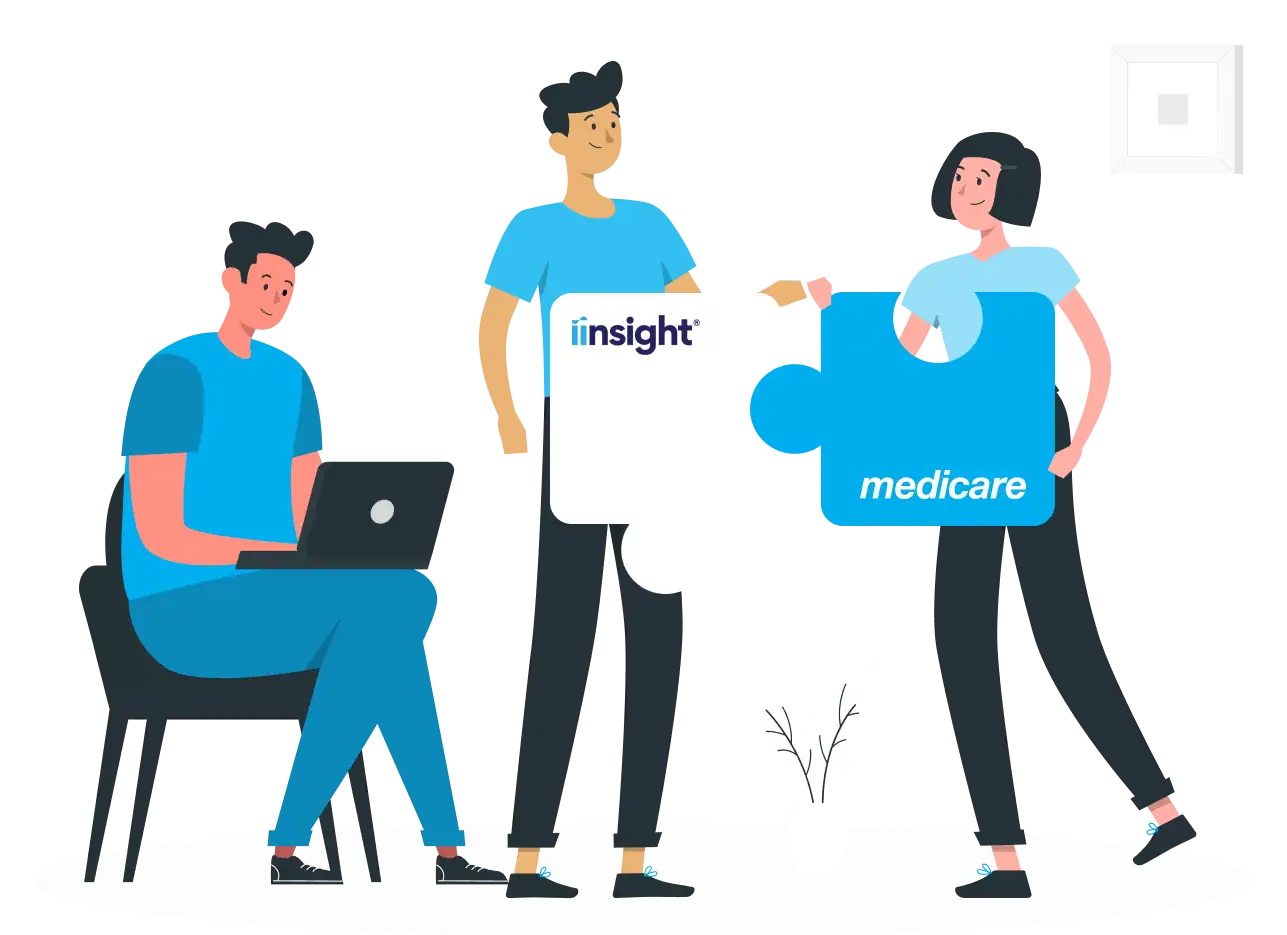
Medicare integration is a crucial aspect of any healthcare organisation's billing and reimbursement process. It enables healthcare providers to submit claims to Medicare for reimbursement, track claims status, and receive payments electronically. However, managing the Medicare billing process can be time-consuming and complex, especially when it comes to tracking and organising documents.
That's where iinsight® comes in. Our case management software integrates seamlessly with Medicare, allowing you to manage your billing and documentation all in one place. With iinsight®, you can easily create and submit claims, track their status, and receive payments, all while keeping your documentation organised.
Traditional manual claims processing and the use of designated terminals can be costly and time-consuming. By implementing iinsight®, a software that works directly with Medicare's system, you can eliminate terminals and the associated fees. Additionally, you can go paperless and simplify the processing of billings and claims related to Medicare from anywhere, at any time.
Forget about the hassle of finding separate solutions to work with your current system. iinsight® enables you to link billings directly to the claim’s portal of Medicare, eliminating compatibility issues and the need to update separate platforms to meet Medicare's standards. Our solution also supports Department of Veterans Affairs (DVA) claims and NDIA, providing a comprehensive software solution for billing and financial reporting.


One of the key benefits of iinsight®'s Medicare integration is its commitment to ensuring compliance with Medicare regulations. Our software is regularly updated to align with the latest Medicare requirements, ensuring that your claims are submitted correctly.
Moreover, iinsight® leverages the Proda integration to further enhance Medicare integration. Proda provides secure online identity verification and authentication, adding an extra layer of security and convenience to your interactions with Medicare within the software.
Overall, if you're looking for a way to simplify your Medicare billing and documentation process, iinsight® is the perfect choice. With its Medicare integration, automated population of data, reconciliation, bulk invoicing and Proda integration, it can help save you time, enhance security, and ensure compliance, allowing you to focus on providing quality healthcare to your patients.
How it works
A good Medicare software solution automates and manages your revenue cycle, providing a transparent, accurate, and fast reimbursement experience. With iinsight®, you can process bills and claims without worrying about terminal fees and associated costs, reducing errors, and saving valuable time.
Here are more benefits you can expect from it
- Integrated reconciliation for faster claims approval: With iinsight®, Medicare payments are automatically reconciled within the software, reducing the time and effort required for manual reconciliation. This ensures that claims are processed and approved faster,
- Proda integration: iinsight® leverages the Proda integration, which provides secure online identity verification and authentication. This ensures that your interactions with Medicare are protected and compliant with security standards, adding an extra layer of security to the Medicare integration offered by iinsight®.
- Claims management: iinsight® enables you to oversee both Medicare and Department of Veterans Affairs (DVA) claims within the platform. You can generate reliable and informative reports related to claims, allowing you to track the status of patient claims and streamline the billing process.
- Easy claims processing: iinsight® simplifies the process of billing and claiming by allowing you to directly process billing and claims on the patient's invoice within the software. With just a few clicks, iinsight® connects to Medicare's online portal for claims processing, eliminating the need for manual data entry and reducing the chance of errors. You can also generate reports for the DVA and bulk bill claims status whenever needed.
- Group invoices with ease: iinsight® includes an invoice grouping module that fulfills the invoicing requirements for compliance with insurance companies. This allows your practice to process invoices for other insurance providers besides Medicare. When billing is introduced as a "Single Invoice Row" cost, iinsight® automatically groups any other costs added during the invoicing period that have the same charge code and description, simplifying the invoice process.
- Tailored for your practice: iinsight® is a flexible and scalable case management software that can be customised to suit the specific needs of your practice, regardless of your specialty or clinic size. The cloud-based platform allows for easy customisation, enabling you to work more intuitively, efficiently, and securely from anywhere and on any web-connected device.
By incorporating these additional points, the paragraph about Medicare integration provides a comprehensive overview of the benefits and features of iinsight® in managing Medicare billing and documentation processes for healthcare organisations.

